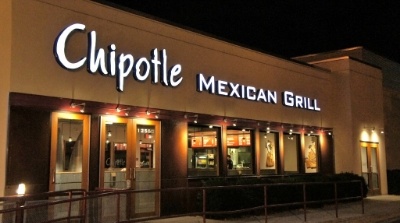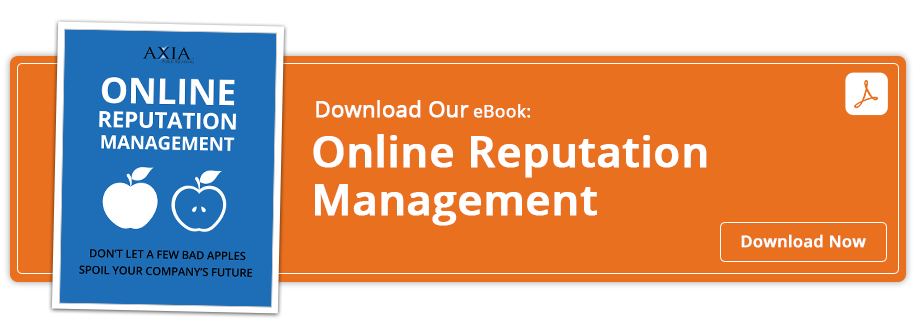Chipotle crisis highlights necessity for reputation management
By Wendy Bulawa AgudeloMarch 18, 2016
 Foodborne illnesses (from bacteria such as salmonella or E. coli) not only negatively affect consumers; they also impact a company’s bottom line, stock price, brand reputation and overall image. These microscopic organisms are easily spread and ultimately wreak havoc in very short order.
Foodborne illnesses (from bacteria such as salmonella or E. coli) not only negatively affect consumers; they also impact a company’s bottom line, stock price, brand reputation and overall image. These microscopic organisms are easily spread and ultimately wreak havoc in very short order.
Case in point: Denver-based Chipotle Mexican Grill (CMG), which is again struggling after some employees tested positive for norovirus and forced additional stores to close as a result. Those of us in public relations immediately recognized the situation as a crisis. Chipotle must consider how adversely the situation will impact its brand reputation. The company is now dead center in a battle to repair its reputation, as stock prices this quarter fell short of Wall Street predictions, and Chipotle reported its first-ever quarterly loss.
To its credit, Chipotle’s PR team is aggressively attempting to revive the burrito giant’s image. For instance, the company denied top executives sizable bonuses and began wooing customers with free-burrito offers. Additionally, Chipotle restructured already-granted options that will only be paid if management is successful at repairing the restaurant chain’s value, which is directly tied to its brand reputation.
Chipotle’s current challenge highlights why reputation management is of critical importance to every business:
-
Low (or no) sales. A truth of human nature: Perception is reality. If people perceive that your business or product is repulsive for one reason or another, sales will suffer. Chipotle is experiencing fallout – not only in individual store traffic, but in overall store sales, which directly impact stock price.
-
Tanked consumer confidence. Consumers want to feel good about spending their hard-earned money on food, products or services. If customers aren’t confident in your ability to deliver what you promised, you may as well close your doors. In an era of super-connectivity, consumer (and employee) confidence is critical. If you take excellent care of your staff and your customers and you deliver what you advertise, all will be well. Fall short of that and pitiful results will no doubt follow.
-
Negative press and social media. As a former journalist, I can say with respect and adoration that when media uncovers a meaty story to pursue, we are unrelenting. Chipotle’s issues, in the grander scheme of things, are minor. The company has endured foodborne-based concerns in several individual stores across the U.S., most recently in Massachusetts. Considering the more than 1,900 stores in operation, the “sick” ones are an incredibly small percentage. However, the news media’s job is to seek out the facts, unveil mysteries and feed a steady diet of unvarnished truth to consumers. In doing so, the media can bruise a brand’s overall reputation, especially when the facts themselves are unappealing.
Regardless of the size of your business, customers, prospects, employees and even Internet trolls could be (and likely are) talking about you. Some may be leaving comments on your blog, posting on Facebook or sharing reviews on Yelp. There are limitless digital entryways through which consumers can gain access to your brand. This truth alone makes it crystal clear why every business must consider how the public perceives its brand, business and reputation. To initiate your own reputation management effort, download Axia Public Relations’ Reputation Management Guide. This e-book provides a step-by-step framework to managing your company’s image and reputation, so you can sidestep the mess in which Chipotle now finds itself.
 Wendy Bulawa Agudelo has more than 15 years of experience in technology, business and consumer public relations. She is a culinary enthusiast and champion for the special needs community. Wendy has worked for Axia Public Relations since 2014.
Wendy Bulawa Agudelo has more than 15 years of experience in technology, business and consumer public relations. She is a culinary enthusiast and champion for the special needs community. Wendy has worked for Axia Public Relations since 2014.
Featured image credit: Creative Commons
Topics: public relations, reputation management, crisis communications



Comment on This Article